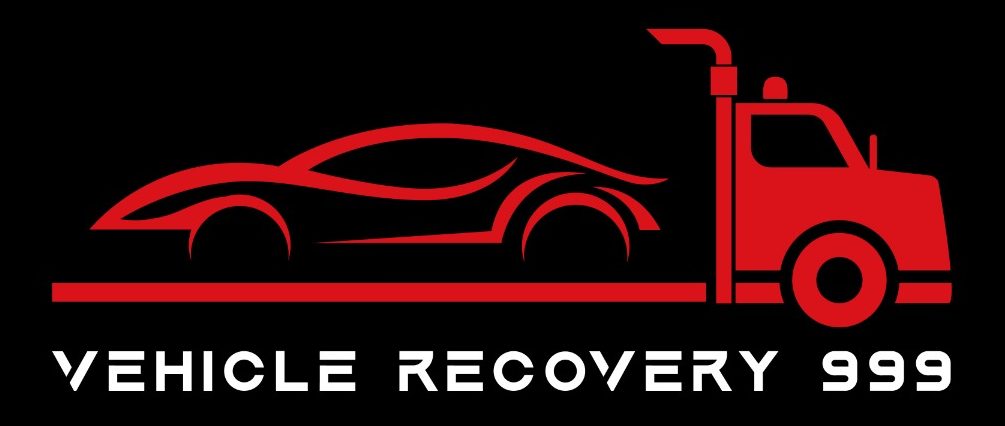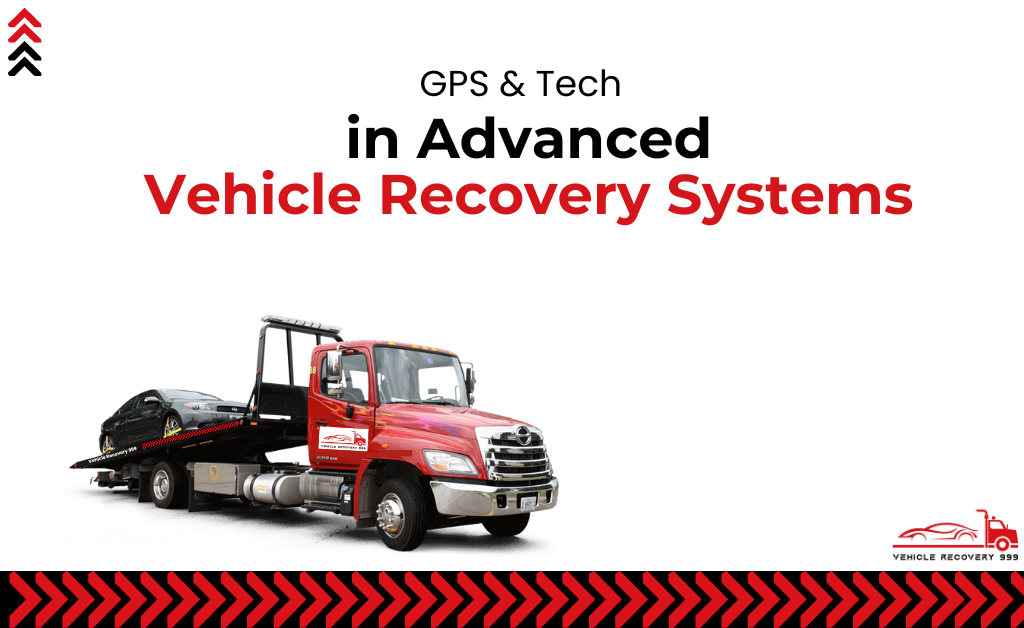In recent years, vehicle recovery systems have changed dramatically. Modern tools like GPS tracking, real-time communication, and smart diagnostics have made the process faster, more accurate, and safer for drivers and recovery crews. For companies like Vehicle Recovery 999, these upgrades are not just about convenience they’re about providing better service in stressful situations.
How GPS Shapes Today’s Vehicle Recovery Systems
GPS technology has become the backbone of advanced vehicle recovery systems. By knowing the exact location of a stranded vehicle, operators can dispatch the closest recovery unit. This reduces waiting time for drivers and helps recovery teams manage their fleet more efficiently.
GPS also allows continuous updates, so customers know exactly when help will arrive. This level of transparency builds trust, especially when the situation is urgent.
Key Features That Strengthen Vehicle Recovery Systems
Modern vehicle recovery systems combine several tools to improve service:
- Real-time location tracking to find vehicles faster
- Digital mapping to plan the quickest route, avoiding traffic or road closures
- Integrated communication platforms so drivers, dispatchers, and customers can stay in touch
- Automatic alerts for breakdowns or accidents
By using these features, a company like Vehicle Recovery 999 can respond more effectively to emergency calls.
Situations That Require Flatbed Towing
Some vehicles can’t be towed with standard wheel-lift methods. Flatbed towing is necessary when:
- The car has severe frame or axle damage
- The vehicle is a luxury or low-clearance model
- The transmission type makes wheel towing unsafe
- The tires are missing or damaged beyond repair
In these cases, advanced vehicle recovery systems help coordinate the right tow truck quickly, avoiding further damage to the vehicle.
The Role of Tech in Coordinating Complex Recoveries
Not all recoveries happen in ideal conditions. Some take place in remote areas or during harsh weather. GPS and connected tech make it possible to track tow trucks even in difficult environments. This means dispatch teams can reroute vehicles, send backup if needed, and update customers in real time.
Tech also helps with paperwork and compliance. Electronic logs, proof-of-service records, and instant invoicing keep the recovery process organized from start to finish.
How to Get the Best Price from Used Electronics Buyers for Your Old Devices
While it might seem unrelated, there’s a link between selling old electronics and maintaining vehicle recovery systems. Many companies upgrade their tech—like GPS units, tablets, and diagnostic tool regularly. Selling these old devices to used electronics buyers can recover some of the investment, lowering operational costs.
To get the best price:
- Clean and reset the devices before selling
- Check market prices to set fair expectations
- Sell in bulk to get better offers
- Work with trusted buyers to avoid scams
The funds from these sales can be reinvested into newer, more efficient vehicle recovery systems.
Why Vehicle Recovery Systems Are Critical for Safety
The faster a vehicle can be found and towed, the safer it is for everyone on the road. Broken-down vehicles can be a hazard, especially on busy highways. Advanced systems allow recovery teams to respond promptly, minimizing the risk of accidents.
For Vehicle Recovery 999, this isn’t just about technology it’s about making sure every call is answered quickly and professionally.
The Future of Vehicle Recovery Systems
As technology continues to advance, vehicle recovery systems will likely include even more features, such as AI-assisted dispatching and predictive maintenance alerts. These improvements will make the process even smoother for drivers and operators alike.
Final Thoughts
Vehicle recovery systems have come a long way. GPS, connected tech, and better communication tools have made recoveries quicker, safer, and more reliable. For companies like Vehicle Recovery 999, staying updated with these tools means better service for customers in every situation, whether it’s a routine tow or an emergency flatbed recovery.

